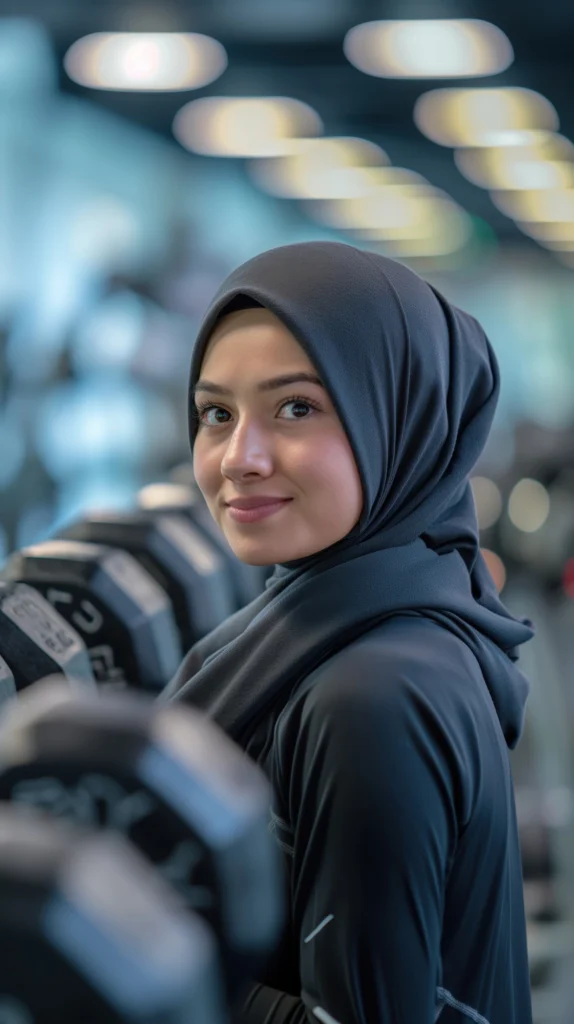The Future is Female How female entrepreneurs are taking over the Middle East
THE FUTURE IS FEMALE
How Female Entrepreneurs Are Taking Over the Middle East

Many years ago, the Arab world was known to be conservative, with women not having much liberty and independence and being bound to their domestic spaces, while men were the breadwinners of families with far more liberty, having the upper hand in society. Fast-forward to the present day, the Middle East has been evolving with women’s rights and has come a long way already.
Women in Saudi Arabia were given the right to drive from mid-2018 onward, along with their right to travel without a male guardian after turning 21 in 2019 onwards. The UAE introduced equal pay legislation in 2018, along with many women in the UAE holding key ministerial positions today. Many other changes as such have been taking place all over the Middle East, reflecting on the region’s evolution with global norms.
Today, the literacy rate in the UAE for Emirati women is at an astonishing 95.8%, with over 70% of university graduates being women. Omani women have a similar literacy rate, surging at 91% as of 2015, with more than 50% of students being female as of 2020, along with more than 46% of women employed in the workforce.
These metrics prove how far women are thriving and striving in various areas and are climbing the ladder to becoming equal to men in the work world by the day.
How are women taking over the business world?
Many women in the MENA region are rising as entrepreneurs and are becoming motivational role models for each other to strive in today’s dynamic work world.
Azza Fahmy, widely known as the first lady of Egyptian Jewellery, is internationally renowned for her unique pieces that reflect her Egyptian heritage and has been thriving for 40+ years. She defied all stereotypes and boundaries of gender inequality to work as a craftsman and learn the tricks of the trade.
Fahmy also went ahead with writing a book called ‘Enchanted Jewellery of Egypt,’ which explores the social and economic aspects of each Egyptian community. The ecstatic jewellery designer claims that love and passion are the sole keys to success; her inspiring words and charismatic attitude toward her profession make her a role model for many women today.
Tunisian Sarah Arbi, known to be MENA’s boss woman, broke cultural stereotypes and began her own marketing start-up called ‘G-Dice,’ with a bold approach to marketing with her emphasis on societal issues. She developed a desire for communications while pursuing engineering and claimed to have known that is what she truly wanted to pursue professionally. She juggled various jobs to make ends meet and ultimately got the chance to fulfill her true passion after graduating with a diploma in industrial chemistry. This was when she decided to pursue her dream of a marketing career and gave birth to her brainchild, G-Dice, a creative marketing agency.


Behind every campaign they design is a team of dynamic and creative marketers brainstoming their way through breaking societal norms. Young entrepreneur Dana Khater built her way up the fashion world by starting up her own brand, ‘Coterique,’ with a widespread network in North America and the UAE.
Balancing between different career choices and the highs and lows of the job market, Khater initially conceived the concept of Coterique as a fashion magazine where she would showcase up-and-rising designers and fashion stories rather than duplicating every other magazine’s content; this became her magazine’s USP.
It was when she travelled to countries like Japan and South Korea that she realized the amount of hidden talent in such countries without much access to social media to sell their products; that became a turning point for her brand as she shifted it to a platform that showcased young designers from diverse countries like Georgia, Turkey, Philippines, UAE, Serbia, USA, and many more.
Coterique’s expert designer attends various fashion events to search for rising stars in the fashion world to expand. Khater claims that a major source of her motivation has been her mother, who always encouraged her to test her limits and break barriers between her and her dreams. Dana’s story is an inspiration to many young women looking to take that risk and kick-start their start-up ideas.
Moroccan-based Samia Haimoura came up with the idea to create an app to fight against sexual harassment that women in the Arab world face on a regular basis. Many women in the MENA region carry within themselves a sense of fear when walking down the street alone, regardless of the time of the day. UN Women’s research proves that approximately 93% of women in the MENA region have suffered a form of harassment at least once in their lives.
Haimoura developed ‘Securella’ to allow women in potential danger to trigger an alarm, and that’s when agents would intervene right away and help them with taking alternative routes to safety in return for a commission.
Samia is fiercely devoted to women’s rights and to working toward letting women embrace their security and freedom of walking out alone. This initiative by Haimoura is a kick to spread awareness about sexual harassment, along with being available to help women who struggle with situations such as this.
These are just a few of thousands of women’s success stories from the Middle East, which goes to prove just how far women are thriving today with their careers, especially considering each of the motivational factors that drive them to achieve their goals and more.
